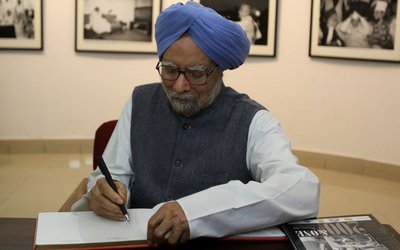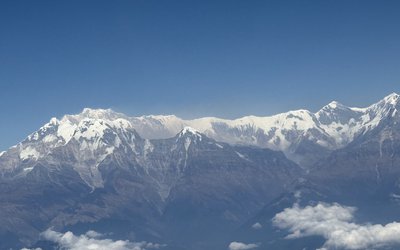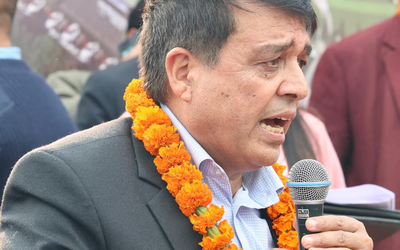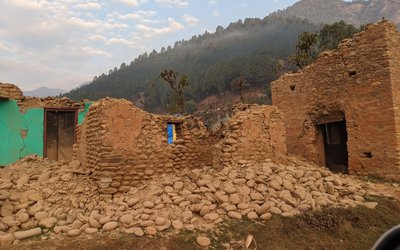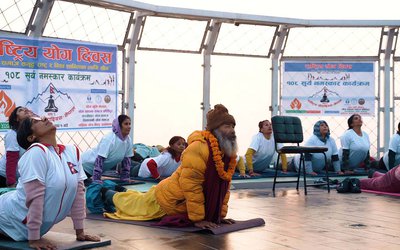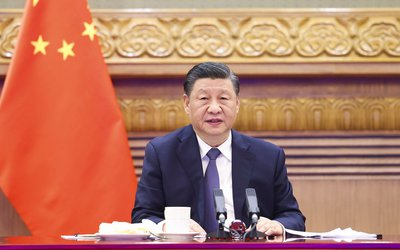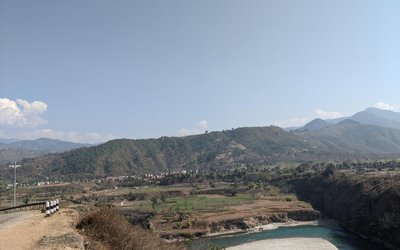The competent parliament of Nepal has enacted fair corpus of laws to curtail the outbreak of pandemic-like situations. However, the laws have obvious gaps. It appears that these laws are neither up-to-date, nor are they comprehensive.
Our law aims to punish the outliers but fails to guarantee the fundamental rights (relating to life, liberty, food, shelter, or others) to underprivileged ones. In this respect, the KP Sharma Oli government has clarified that an outlier, i.e., the person who wilfully disobeys the lockdown, would be punished with imprisonment of either description for a term which shall not be more than one month; and/or also liable to fine of Rs 100 (Section 3, Infectious Disease Act, 1964). All the 77 District Magistrates have been delegated the responsibility of implementing the decision taken in line with Infectious Disease Act, 1964 (Section 4). The Chief District Officers (i.e., District Magistrates) can implement the local administration Act, if required, to enforce the government’s decision. Moreover, Section 104 of Country Criminal Code, 2074 (BS) envisages for up to 10 years of jail sentence and a fine of up to 100,000/- against a person who intentionally spreads the infectious disease. The provision also allows the judicial department to inflict jail sentence of up to five years and fine of up to 50,000/-on a careless person and up to three years of imprisonment and a fine of up to 30,000/- on negligent ones who indulge in spreading the infectious diseases.
The Infectious Disease Act, which is enacted by then king Mahendra, nowhere prescribes for welfare functions to be carried out by the state for the welfare of the vulnerable citizens amid health emergency-like situations. The regal law does not necessarily oblige the government of Nepal to ensure arrangement of food or compensation or financial assistance to the daily wage earners, migrant labourers, informal sectors or poor and needy ones who would not have suffered otherwise.
The Act, 1964, which is home to as many as five sections, in its Section 2 provides ample power on the government of Nepal to apply all necessary measures to curtail the outbreaks. It allows the authorized government officials to issue orders, whichever required, to control or abate the outbreak of infections. The officials are permitted to check or inspect any person, pedestrian, goods, or vehicles if they suspect the person or goods may be carrying infections.
This way, the legislation confers blanket power on the state to curtail the outbreak of infection but it does not necessarily explain duties of the government towards its vulnerable citizens. Nor do the laws explicitly and authoritatively recognize the rights of citizens during the outbreak of any disease. Also, the epidemic laws don’t oblige the state to adopt scientific measures required to curb the spread of an infection.
Arguably, the existing law of the land fails to direct the state to set up a common forum comprising of bacteriologists, virologists, biomedical scientists and among other healthcare professionals to conduct research on antibodies of pandemics. In fact, it would be an uphill task for the state to combat outbreaks unless there is a specialized research centre to study the causes, symptoms, prevention and cure/treatment of the diseases. The current epidemic law may fall short on punishing an outlier who commits theft of swabs/samples collected to test COVID-19.
Understandably, lockdown and quarantine measures may not be the only answer to emerging problems.
Still, quarantine or self-isolation is not a new concept but it's a road less travelled in Nepal and India. The concept of “Laxman Rekha” has been in heart and minds of Hindus since time immemorial. Many equated lockdown with Laxman Rekha (boundary line). Sita was abducted by Ravana, an antagonist character in the Ramayana, just because she crossed the boundary line marked by her brother-in-law Laxman. For many, Sita’s situation is more comparable to the victims of Coronavirus as the former had to suffer as she crossed the line of control to be abducted while the latter would have to bear the cost for disobeying quarantine measures.
Ways ahead
The poor and underprivileged section of society suffers the most with the loss of wages, unemployment and lack of access to welfare policies of the state. It’s imperative to ensure the portability of benefits, such as the provision of food and relief materials to the needy ones through the public distribution system.
The state should adopt a long-term strategy to attract the greater number of workforce in formal sector which would ultimately provide them social security. As the workforce in informal sector does not have safety nets, a drop in their income due to lockdown, disaster or health emergency-like situations can push them into poverty.
The probability of emergence of many new viruses cannot be overruled as the world is yet to curb deforestation and climate change. The viruses will stalk the humanity unless and until we develop a robust strategy against environmental degradation.
The infectious diseases can bring about both biological and social consequences. It would be disastrous to ignore one at the cost of other.
Meanwhile, Nepal needs to augment medical education with more healthcare professionals and standard medical facilities. The landlocked state is also required to give a push to medical research. Research is not only needed in the field of allopathy but also in the field of disaster law. There should be a comprehensive code to deal with all issues connected with the pandemic. Also, there should be robust research in the field of Ayurveda, homeopathy and traditional knowledge to expedite a fight against the contagious diseases. Together, the three can prepare us for the challenges of the days to come.
The author is of the humble opinion that the government could achieve wonders if it succeeds to ensure the equal growth of allopathy and ayurvedic medicines. No one can turn a deaf ear to the vital role of Ayurvedic medicines in enhancing immunity.
At this backdrop, the state deserves to adopt a comprehensive legal and policy regime. The National Health Policy, 2076 BS (2019) aims to achieve sustainable development goals. The Health Policy envisages for a comprehensive and integrated framework for the overall development of Ayurvedia, Homeopathy, Allopathy or natural medicine to control and abate the health hazards. It also aims to adopt the risk reduction mechanisms, preparedness plans and other mechanisms to control or abate infectious diseases, pandemics, and climate change.
In a major breakthrough, the policy aims to advance the principles relating to Universal Health Coverage (UHC). The UHC means that all people and communities can use the promotive, preventive, curative, rehabilitative and palliative health services they need, of sufficient quality to be effective, while also ensuring that the use of these services does not expose the user to financial hardship.
The political parties-- irrespective of their ideology and party line—should stand together to devise a uniform and updated policy to accelerate a fight against disasters that know no boundaries.
jhajivesh@gmail.com
The author is a former Lecturer of Kathmandu University School of Law and writes on the issues of Law and Madhesh

